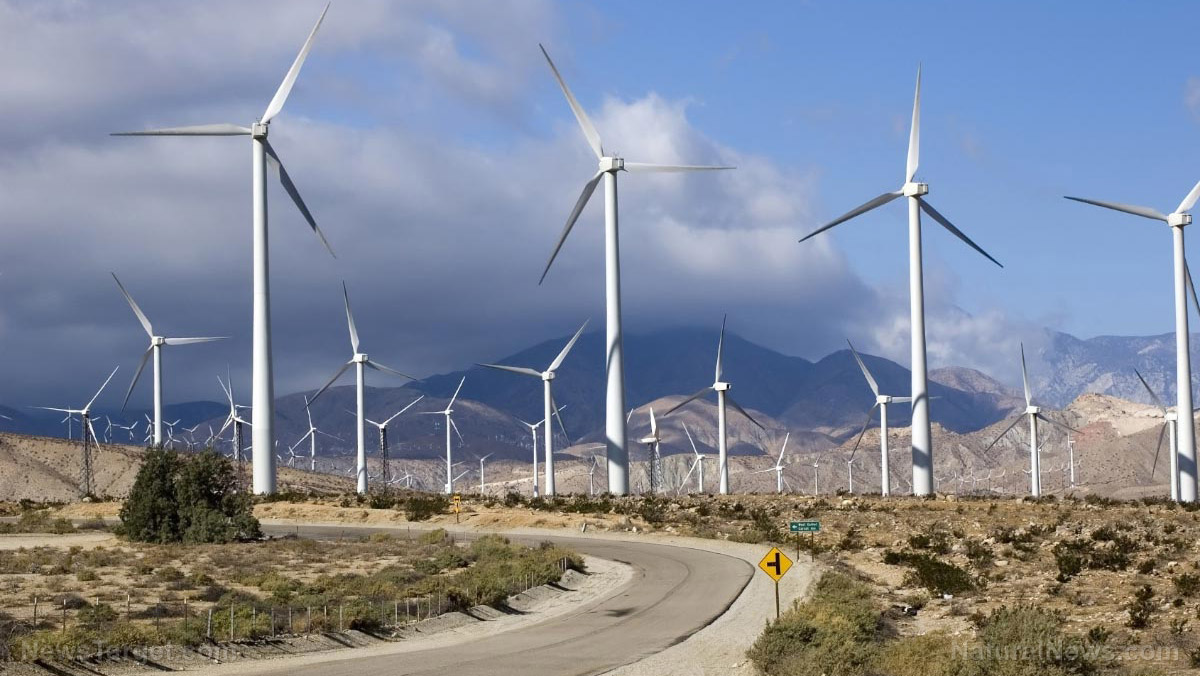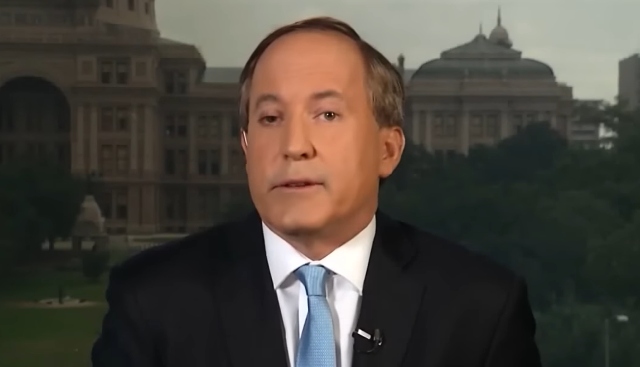 Parler
Parler Gab
Gab
Wind turbine issue being downplayed
Cristoph Zipf, a spokesman for the European industry group WindEurope, said wind turbine failures remain "extremely rare." He added that the problems faced by Siemens Gamesa – a merger between the Spanish Gamesa and the German conglomerate – were isolated to the subsidiary. Nicholas Green, the head of capital goods and industrial technology for the European Union at asset management firm AllianceBernstein, suggested that limited operational data and the industry's pace of change could be contributing factors. He said: "It wasn't that Siemens Gamesa is a bad operator as such, it's that actually some of the normal protocols and time in use, operational data in use, is relatively limited." According to Green, the rapid technological advancements and the increased size of modern wind turbines have placed the sector in relatively uncharted territory. Zipf shared the same sentiment, remarking that the larger size of contemporary turbines may exacerbate quality issues. He noted that fierce competition in the sector was driving original equipment manufacturers (OEMs) to develop even larger and more efficient turbines at a rapid pace. Industry analytics company ONYX Insights noted that while wind turbines receive certification for a 20-year lifespan, cost-saving measures often result in the inclusion of components that will fail within that period. The company predicts that the wind energy industry will spend approximately $4 billion on major repair projects by 2029 – with around 65 percent of maintenance costs being unplanned. Evgenia Golysheva, vice president of strategy and marketing at ONYX Insights, highlighted the need for a comprehensive understanding of turbine failure rates across the industry. She emphasized that while turbines were not inherently poorly made, there exists a trade-off between energy cost and targeted reliability. Golysheva ultimately urged all stakeholders involved in wind turbine construction, financing and operation to have a realistic outlook on the number of failures to anticipate. "It's a conversation that is overdue because the underlying issues aren't going away," she said. Visit NewEnergyReport.com for more news related to renewable sources of energy, such as wind and solar. Watch this Fox Business segment about the U.S. being dependent on wind and solar energy technologies that are unreliable in extreme weather situations. This video is from the NewsClips channel on Brighteon.com.More related stories:
Texans urged to conserve energy as state wind farms CAN’T produce enough power to meet demand. High wind hazard: Norway wind farm faces SHUTDOWN as parts of wind turbines fly off due to strong winds. Wind turbine manufacturers losing BILLIONS as orders decline despite turmoil in natural gas markets. Sources include: NewRightNetwork.com DailyCaller.com CNBC.com Brighteon.comFBI colluded with “Russian-infiltrated” Ukrainian agency to censor Americans
By Ethan Huff // Share
Elon Musk announces creation of new AI company after spending YEARS criticizing rapid AI development
By Arsenio Toledo // Share
2 Months since Ken Paxton’s ‘impeachment’, and still no evidence as to why
By News Editors // Share
Governments continue to obscure COVID-19 vaccine data amid rising concerns over excess deaths
By patricklewis // Share
Tech giant Microsoft backs EXTINCTION with its support of carbon capture programs
By ramontomeydw // Share
Germany to resume arms exports to Israel despite repeated ceasefire violations
By isabelle // Share










